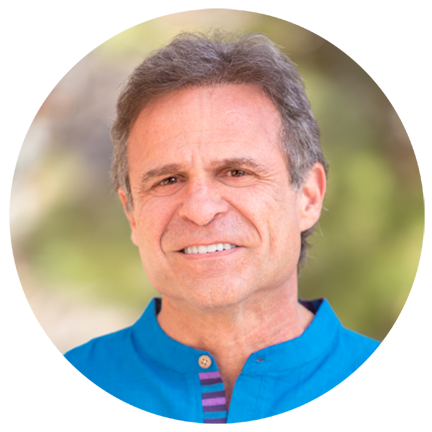A Culture of Overuse: How Too Many Prescription Drugs Are Leading to Addiction. Prescription drug use in the US is at an all-time high. Currently, more than half of the population has at least one prescription medication. Those who do have an average of four. We’re far more medicated than any other country in the world – a very concerning status when you consider how addictive many prescription drugs are and how many health risks they pose.
The Pervasiveness of Prescription Drugs
According to a recent Consumer Reports survey, 4.5 billion prescriptions were written in 2016 – that’s double the amount in circulation just 10 years prior. Almost 25 percent of the population is prescribed three or more separate medications, and around 13 percent of people over 12 take antidepressants.
This has major implications for street drug addiction, as more than half of addicts are now estimated to be abusing prescription drugs. Poly drug use – using multiple drugs at once – significantly increases risks associated with drug abuse, and using combinations of more than one drug is highly likely when prescription drugs are in the mix. Painkillers or benzodiazepines and alcohol are common (and deadly) combinations. In 2015, prescription drugs were a factor in two-thirds of overdose fatalities.
This also puts a growing number of young people at risk for addiction, as teens who abuse prescription drugs are most likely to obtain them from their parents’ medicine cabinet.
The Impacts and Addiction Risks of Prescription Medication
Many prescriptions are given out by doctors without adequate warning of their addiction potential, leaving patients to find out the hard way when they decide to quit further down the road just how dependent they’ve become. “It’s easy to just take a pill every day,” says Columbia University Medical Center professor of psychiatry Adam Bisaga. But the reality is, “to come off a drug means you’re going to have to do a lot more work.”
While prescription medications are generally touted as safe, the truth is that they have significant and lasting impacts on your body and brain. “Most people aren’t prepared for the changes these drugs can cause to the body,” says Bisaga. Taking them for just a short period of time – even when used as directed – can form a physical dependency that results in withdrawal symptoms when you attempt to quit. These range from mild to severe and can include nausea, dizziness, extreme mood swings, and even suicidal behavior.
These symptoms are further compounded when multiple prescription drugs are used in conjunction, and this is often the case as doctors prescribe one medication to treat the side effects of another. Drugs like antidepressants can cause “discontinuation syndrome,” an agonizing condition many depression sufferers aren’t made aware of when they first receive their prescription.
Safe, Effective, Alternative Treatment for Prescription Drug Addiction
At The Sanctuary, we understand how frustrating it can be to repeatedly attempt to stop prescription drug use, only to find the withdrawal symptoms too unbearable. That’s why we’ve created an intensive treatment program that uses holistic treatment methods like nutrition, bodywork, acupuncture, herbalism, Energy Medicine, Functional Medicine, psychology and psychiatry to address your addiction at its core, so you can be free of it for life.
To learn how you can take your life back from the grips of prescription medication addiction and be fully sustainably recovered, call us at (877) 710-3385 or email us at [email protected] today.
Learn More About Holistic Addiction Recovery:
-
Alternative Therapies for Healing the Spirit in Addiction Recovery
-
An Eagle’s Eye View of Holistic Addiction Recovery in Sedona

He is the Founder, Administrator, Counselor at the Sanctuary at Sedona.
He has a BA in Political Science and is currently Senior teaching staff at Four Winds Society, an international school of energy medicine. His credentials also include being an Ordained Minister; a Certified Shamanic Breathwork® Facilitator; a Founding Member Society for Shamanic Practitioners; a Member of Association for Comprehensive Energy Psychology; a Member of the National Institute for Holistic Addiction Studies. [email protected]

